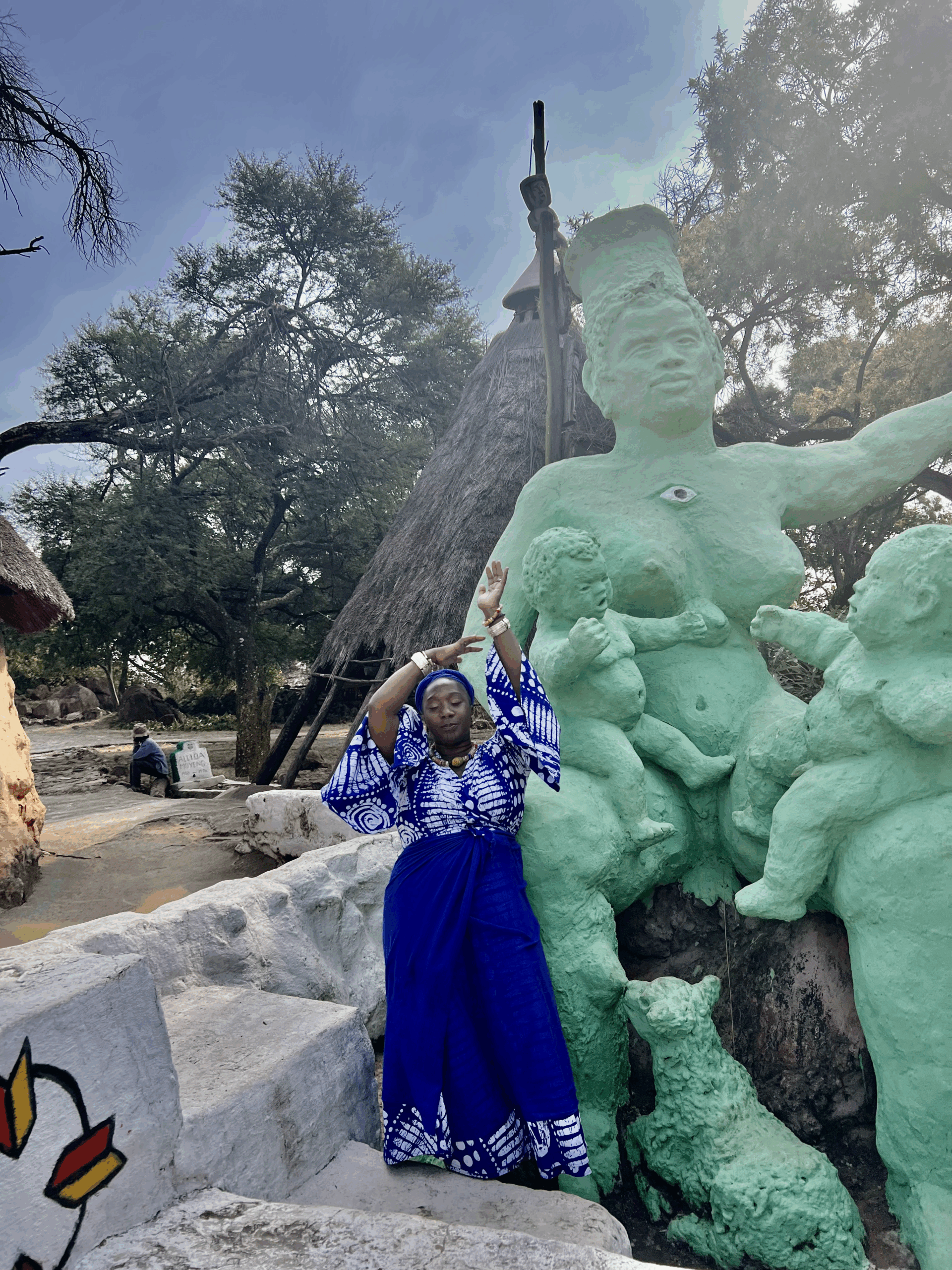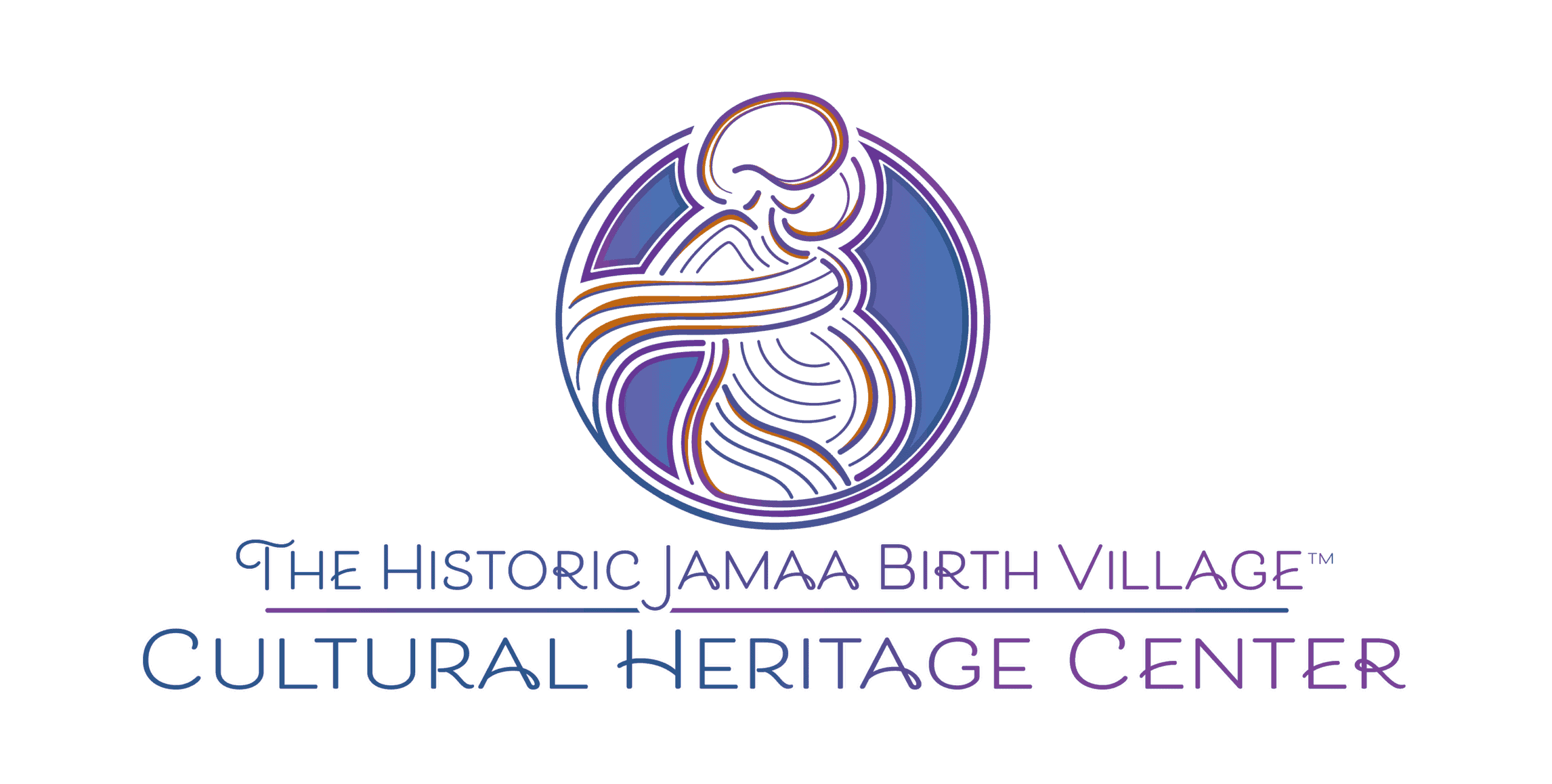Jamaa Birth Village means family in the African language of Swahili. Come and go with me, on the humble beginnings and birthing of a village.

In 2025, Jamaa Birth Village celebrates 10-years of service to the St. Louis Community and State of Missouri. In honor of a decade of visionary, groundbreaking and transformative Black Maternal Health care, service, advocacy and education, Jamaa Birth Village announces it’s formal expansion as “The Jamaa Birth Village Cultural Heritage Center”, set to open officially on October 26, 2025-the organizations 10th anniversary.
The Jamaa Birth Village Cultural Heritage Center is launching the nation’s first comprehensive initiative dedicated to restoring the visibility and power of African Indigenous midwifery through three groundbreaking programs envisioned, curated and led by Okunsola M. Amadou:
- The African Indigenous Midwifery Museum™-A first-of-its-kind cultural space preserving and celebrating pre-colonial birthing practices, crafts, and midwife priestess histories.
- The Black Midwifery Library & Research Institute™ – A sacred archive and study space dedicated to Black midwifery knowledge, scholarship, and media.
- Okunsola’s School of Traditional Midwifery™ – Missouri’s first Black-founded midwifery school, training future midwives through holistic, community-based care.
This center directly addresses three critical areas of disparity:
Historical Erasure – Combatting the loss of Black midwifery knowledge due to global colonial practices and policies like the Flexner Report and Sheppard-Towner Act.
Educational Access – Filling the void left by Missouri’s lack of in-state midwifery education with a culturally affirming alternative.
Maternal Health Inequities – Creating community-rooted pathways to care that are trusted, affordable, and culturally congruent.
Through deep collaboration with elder midwives, researchers, museums, universities, and policymakers, we are reclaiming midwifery as both a healing practice and a cultural legacy.


